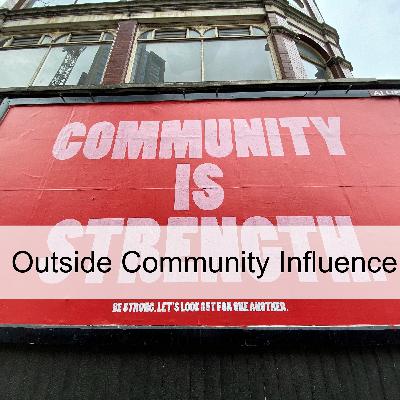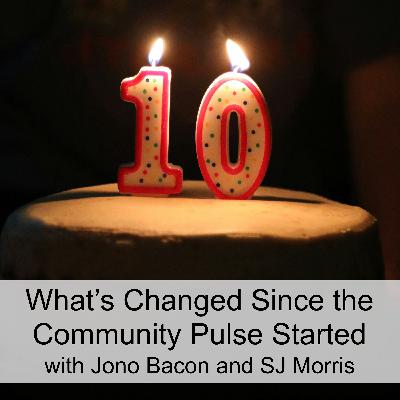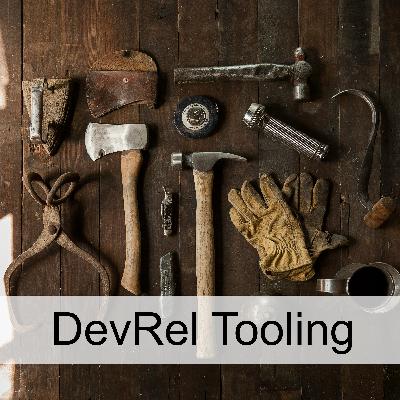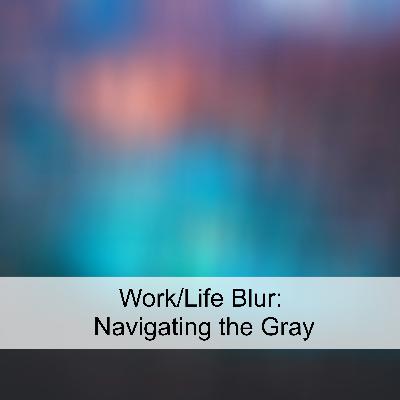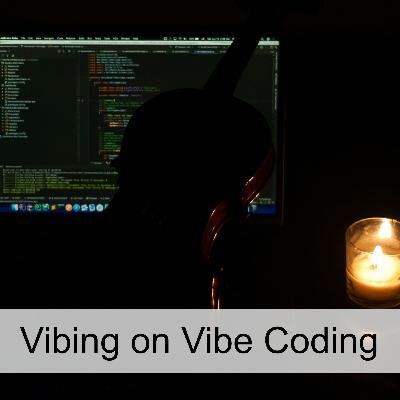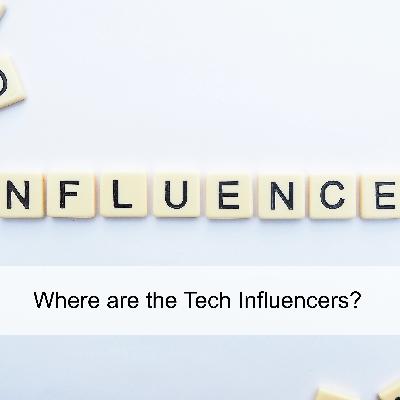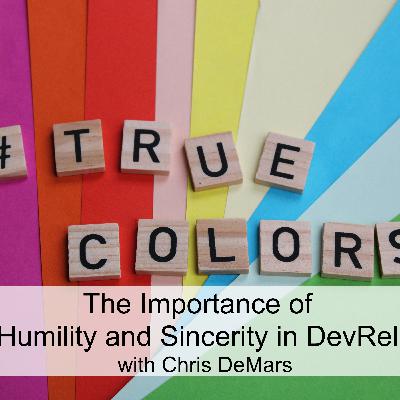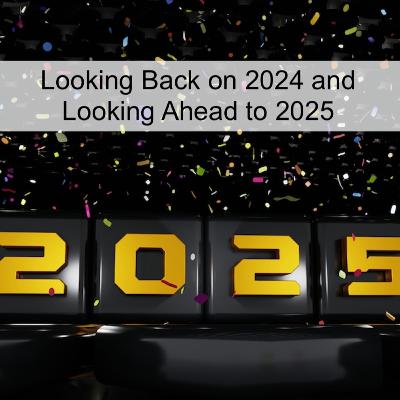After Pulse: Community Conferences
Description
In this episode of After Pulse, Jason Hand and Wesley Faulkner reflect on the challenges and evolution of community conferences, especially in the aftermath of COVID-19. The conversation revolves around the changing landscape of these events, including financial, logistical, and cultural shifts.
Jason opens the discussion by expressing how the podcast’s previous episode, where they talked to guests Matty Stratton and Mo McElaney about community events, raised more questions than answers. He notes that while conferences were once easier to organize with ample sponsorship funds, the landscape has shifted significantly, especially with the impact of COVID. He recalls the immense effort that went into organizing DevOpsDays Rockies, including the burnout he and other organizers faced, and reflects on the need for a change in how such events are structured.
Wesley acknowledges the high cost of attending conferences, noting that ticket prices have increased significantly over the years, along with attendees' higher expectations. He highlights how, in the past, attendees were satisfied with simpler events, but today, conferences are expected to provide extras like swag, high-quality food, and receptions. These heightened expectations, combined with the rising costs, make it harder for community-run events to maintain their appeal. Wesley suggests that perhaps a "refactor" of the conference model is needed—one that focuses more on community involvement and less on corporate sponsorship, emphasizing the need for more volunteer-driven, scrappy events.
Jason points out that the growth of events like DevOpsDays Rockies in the past decade led to increasingly large venues and more extravagant setups to meet the growing demand. However, after COVID, things have shifted towards smaller, more intimate gatherings, with some events being canceled or rescheduled due to various reasons. He expresses hope that these smaller gatherings, like the Wild Spaces initiative in Denver, will serve as a creative alternative to the traditional conference model, focusing on connecting people in less formal settings. Jason imagines a future where people gather in parks with simple tools like whiteboards, without the need for elaborate setups, to foster a more organic exchange of ideas.
Wesley also discusses the maturation of the DevOps space, suggesting that many of the core problems have already been solved, leaving less room for groundbreaking discussions. This has led to a sense of stagnation, with community members having "graduated" beyond the need for typical conference content. He believes there is a need for events that focus on high-quality content and true knowledge sharing, rather than just drawing large crowds with celebrity speakers.
Further into the conversation, Wesley addresses the difficulty in finding the right community events to sponsor or participate in. He notes that, unlike large corporate conferences, community events tend to be fragmented, and it's hard for potential sponsors to find events that fit their needs. He highlights the lack of a central entity that could streamline the process of finding and funding these events, making it difficult for smaller events to compete with the larger, corporate-driven ones.
Finally, Jason and Wesley discuss the possibility of a future shift where community events become more personal and focused on deep, meaningful exchanges, rather than simply being large-scale spectacles. Jason admits that he misses the community aspect but also feels relieved to step away from the burnout of large-scale event organization. Both hosts agree that there’s hope for the future of community events, but they must evolve creatively to stay relevant and sustainable.
Keywords:
Community Conferences
Post-COVID Challenges
Sponsorship
Ticket Costs
Volunteer-Driven Events
Event Sustainability
Burnout
Reimagining Conferences
Smaller, Intimate Gatherings
Event Expectations
Corporate Sponsorship
DevOpsDays
Event Innovation
Audience Engagement
Quality Content
Work Culture
Themes:
Changing Landscape of Community Events:
- The transition from large, corporate-driven events to more intimate, community-focused gatherings.
- Increased costs and rising expectations around conference quality, including swag, food, and networking opportunities.
Post-COVID Adjustments:
- The impact of COVID-19 on the event industry, with many conferences either canceled or downsized.
- The shift toward smaller, more sustainable gatherings to maintain a community feel.
Burnout and Sustainability:
- The burnout experienced by event organizers due to the intense workload and high expectations.
- The need for a shift in event structures to ensure long-term sustainability without overwhelming organizers.
The Rise of Volunteer-Driven, Scrappy Events:
- The idea that future community events could become more volunteer-driven, with fewer resources but a stronger sense of community.
- The potential for outdoor, low-budget gatherings as a viable alternative to traditional corporate-sponsored conferences.
Evolving Expectations and the Need for Quality Content:
- The maturation of communities such as DevOps, with fewer new problems to solve, leading to less excitement around large conferences.
- A push for events that focus on high-quality, meaningful content rather than just drawing large crowds with high-profile speakers.
Challenges in Finding and Funding Smaller Events:
- The difficulty in identifying the right community events to sponsor or participate in due to the fragmented nature of the community space.
- The lack of a centralized platform or entity to help streamline event participation and funding.
Reimagining the Future of Conferences:
- The idea that conferences may need to evolve creatively, focusing more on knowledge sharing and personal connections than on large-scale spectacles.
- The potential for a shift away from big-budget events toward more grassroots, community-oriented models.
Transcript
[00:00:00 ] Jason Hand: That was a really great episode.
[00:00:02 ] Wesley Faulkner: Yes. Actually, it was more filled with questions. Content that I didn't expect because I thought I knew the subject so well, but hearing those perspectives actually really put it in focus for me.
[00:00:15 ] Jason Hand: And we also completely went off script. We had a, what, one, two, three, four, five, six, seven, eight questions pre selected that we were going to get through.
[00:00:24 ] Jason Hand: We didn't even get through half of them. And we also pivoted and changed the course a little bit based on how the conversation went along.
[00:00:31 ] Wesley Faulkner: Yeah, it was really great.
[00:00:33 ] Jason Hand: Yeah for anyone who may have stumbled across the after polls before listening to the community polls, we just got done talking with two of our guests Matty, a Stratton and Mo MacElaney. I'm pronouncing her last name wrong.
[00:00:45 ] Jason Hand: But it goes back. And we basically wanted to talk about community events and where we are with it and how things have changed. We talked a lot. Where things are, how things have changed through COVID and did bucket things into a pre COVID post COVID a lot of different [00:01:00 ] subjects.
[00:01:00 ] Jason Hand: That we got into there. And I thought it was really interesting. I think nobody's surprised that budgets have tightened up and that it's just harder to do things the way we used to do it. And I don't know if that's because money was just easier to come by, sponsorship money.
[00:01:15 ] Jason Hand: It was, so therefore it was easier to like, put these things together. But times have changed and COVID did that did play a big role in that. But I think we also identify that it's not just that. I think that some of us that have been involved with these things, we're all changing too, and most of us are still involved with these types of roles professionally, but at least for me personally, I pointed out that I Tend to shy away from spending a lot of my free time, and when I think about DevOps days Rockies, which is like the core main community event that I was involved with for years, I felt like I was working round the clock for the months and months leading up to that. And me, not just me other organizers as well. And that, I think I knew it was never really [00:02:00 ] sustainable, but it took a couple burnout sessions, burnout, periods for me too.
[00:02:05 ] Jason Hand: Finally, I just don't think I want to keep doing this. I don't think it's worth the burnout. I don't think it's worth the effort. And then also I think it's always good to get out of the way and let other people step in and take charge a little bit and just see what they can do with stuff.
[00:02:22 ] Jason Hand: So it was nice to hear a little bit of confirmation, that it's not just me that feels that way. What's your take on that?
[00:02:29 ] Wesley Faulkner: Yeah, it does take a lot of time to go to these events, but I also wanted to say it does take a lot of money and we were talking about sponsorships and getting enough sponsors, but I'm talking from the attendee perspective, I think.
<


